The WTBD Homestay Experience
Posted on
01/22/24
Author
Dragons HQ
Living with a local family is one of the most cherished aspects of the WTBD’s experience. While participants often love it, it’s also worth noting that students (and parents) can feel a little nervous about this part of the program.
Imagine that you are asked to set up a homestay experience where you live for a group of students from abroad. What location and which families would you choose and why? There are so many incredible places and communities to engage in, and yet some places and communities represent your country, your community, or your culture more than others. Now imagine that you are one of the homestay hosts. The student arrives at your home, they don’t speak your language, and they are often nervous. How would you make them feel welcome? How would you share your stories?
Dragons homestays are intentional, safe, and reciprocal experiences. Here’s how we build homestay relationships that are joyful, intentional, and impactful…
How do we choose our homestay locations?
Before a village, town, or community becomes one of our “homestay bases,” it has been a “home” to a member of the WTBD community.
For example, Temanto Samba is a village in southern Senegal where we place students with families. Home to one of our most experienced instructors, Samba Sow, Temanto Sambo is the perfect location for homestays because it’s already home! Students arrive at the village greeted as family guests and not as tourists. Other communities have hosted instructors as past Peace Corps volunteers, or share other strong connections to the WTBD’s community.
Where are our host families?
A WTBD Homestay family is committed to hosting students as a member of the family rather than a distant guest. Host families welcome students as if they were their own children and are ready to involve them in their daily lives–whether that’s tending to the wheat fields or heading off to a family wedding on the weekend. These intentions and “skills” to genuinely engage and cultivate meaningful connections across the unfamiliar are at the core of our organizational mission.
WTBD homestays often enjoy a deep connection to the land they live on: families are often farmers, fishers, and folks sustained by their environment. They know the names of the local plants and animals, understand the cycles of the seasons, and share a cultivated awareness of their surroundings. Host families often live with a more direct link to their ancestors, and honor the wisdom and traditions passed down over centuries in daily practices. It’s important to recognize that our homestay families also live in bustling urban settings– in cities like Kunming, El Alto, or Dakar–where they live through the tensions inherent in economic development and globalization. Our host families are also diverse in how they look, speak, and live Not every family will have children; not every family will have two parents; not every family will share the same religion, ethnicity, or belief systems. Homestay communities are diverse and embody a multitude of perspectives which allow students to experience different ways of being in the world.
How do we engage with homestay communities?
In every community, we provide in-depth homestay preparation by introducing our educational goals, protocols, systems, and activities to each family. In addition to these resources, we also work with a trusted person from the community to act as our “homestay coordinator” and liaison to ensure that families and students are supported throughout.
Families appreciate that students are interested in humbly learning about their way of life rather than trying to change it. We foster a dynamic that respects both the local worldviews and customs and the principles of WTBD. In doing so, we create healthy environments in which multiple worldviews can cohabitate respectfully.
How do we create a safe learning environment in a homestay?
In addition to their experience and preparation for hosting students, homestay families receive ongoing training to provide safe accompaniment to students. Before student arrival, instructors and the local homestay coordinators will meet with the families and discuss WTBD communication protocols in case of an emergency and go over all expectations that must be respected during the program. At these meetings, families are provided with emergency contact information for the instructors, go over FAQs, and share best practices in hosting a student. Moreover, these meetings help to build community and rapport amongst host families so that they can better support each other through their experiences.
After mapping the characteristics, needs, and interests of the students and families, the instructors and homestay coordinator match students with families, ensuring that the living and learning relationship is fruitful for all. In the case of students with dietary restrictions or other needs, the instructors meet with the family to clarify any questions they may have and to provide them with the necessary information to help them prepare for the student in the best possible way.
How often do students see their instructors & group during homestays?
During the stay, the local homestay coordinator and instructors regularly visit with the families and students. Likewise, the instructors have daily group check-ins with the students at a designated meeting spot to see how they are feeling emotionally and physically during their time at the homestays. Through consistent communication and coordination, students enjoy their homestays as true learning experiences, even when difficult, through which they can immerse themselves in the local culture, not just a place where they sleep and eat.
Students will continue to meet with their group each day for program activities including language learning, Independent Study Projects, and expeditions. Students will typically spend mornings and evenings with their homestay, participating in meals, activities, and other family-oriented fun. It’s a nice balance to have family time but also time with their peers to reflect and share about their homestay experiences.
Why do homestay communities choose us?
The communities we engage with are less interested in transactional, or tourist engagement, and more interested in expanding their perspectives and forging meaningful connections with people from outside their communities. Like WTBD students, they often embody the spirit of seeking. Seeking what, you may ask? At WTBD, we are not only seeking knowledge, which can be easily consumed from the comfort of our homes. We are seeking wisdom, a unique combination of compassion and knowledge that can only be grasped through real-life experiences. Just as students are keen to burst out of their bubbles, expand their horizons, and break out of their echo chambers, the communities that graciously host WTBD students revel in the same process of discovery.
The WTBD global community is a network of people who collectively enjoy learning about themselves and the world through sharing stories and experiences. Many members of the community may not have the opportunity to travel, so inviting a student into their home is another way to bring the outside world to you. Dragons shows up in communities ready and eager to listen and engage. Many of the places we travel have historically not been listened to and all too, and all too often, have been exploited, marginalized, or forgotten by more dominant or mainstream global powers. These communities take pride in sharing their unique traditions, stories, and wisdom, and are honored to be given the respect they deserve by the listening ear and genuine curiosity of a student group.
How do we ensure community sustainability and reciprocity?
First and foremost, we keep our presence small and intentional. We do not view Homestay families as a revolving door in which we rotate students in and out of like a tourist guesthouse. With only twelve students in a group, and only a few groups every year, families truly connect with and remember every student they host as a special opportunity for engagement.
In addition to keeping our presence small, we prioritize sustainable and mutually beneficial relationships within communities. We strive to thwart creating external financial codependency while still compensating families for all their time and generosity as hosts and educators. To balance this, Dragons utilizes intentional communication and ongoing commitment to community relationships as key tools for success. For example, WTBD employs Country Coordinators who live and visit with community members throughout the year to ensure that we are present even when our students are not. As such, we are able to be an active part of the community rather than a guest who only drops in when convenient to them.
While we have important policies and guidelines that are shared with communities, we rely heavily on local communication practices. Over long cups of tea or shared meals, we connect with all families, as individuals and in groups, to listen to their stories of hosting our students and learn how we can improve. As they share with each other, and with us, we generate evolving best practices that inform our presence. Our homestays are founded upon three decades of shared experiences with communities all over the world, allowing our past experiences (and mistakes) to inform our community engagement going forward.
In summary…
If you’re looking for a truly immersive and responsible cultural experience, there’s no better place than within the intimacy of a Dragons homestay. Students tell us over and over that they never expected to feel so at home in a foreign country and so welcomed in such a short time. What a powerful experience and skill to know that you can feel at home anywhere in the world. Discover for yourself the meaning of hospitality and the depth of connection from living with another family. In turn, you can return home with new perspectives, skills, and life-changing memories to inform how you navigate the world.
Want to hear from students and families themselves? Check out these Yak Board Posts:
Reflections From a Homestay Sister by Mertin Lusi
James’ Homestay Family by James, South America Gap Student

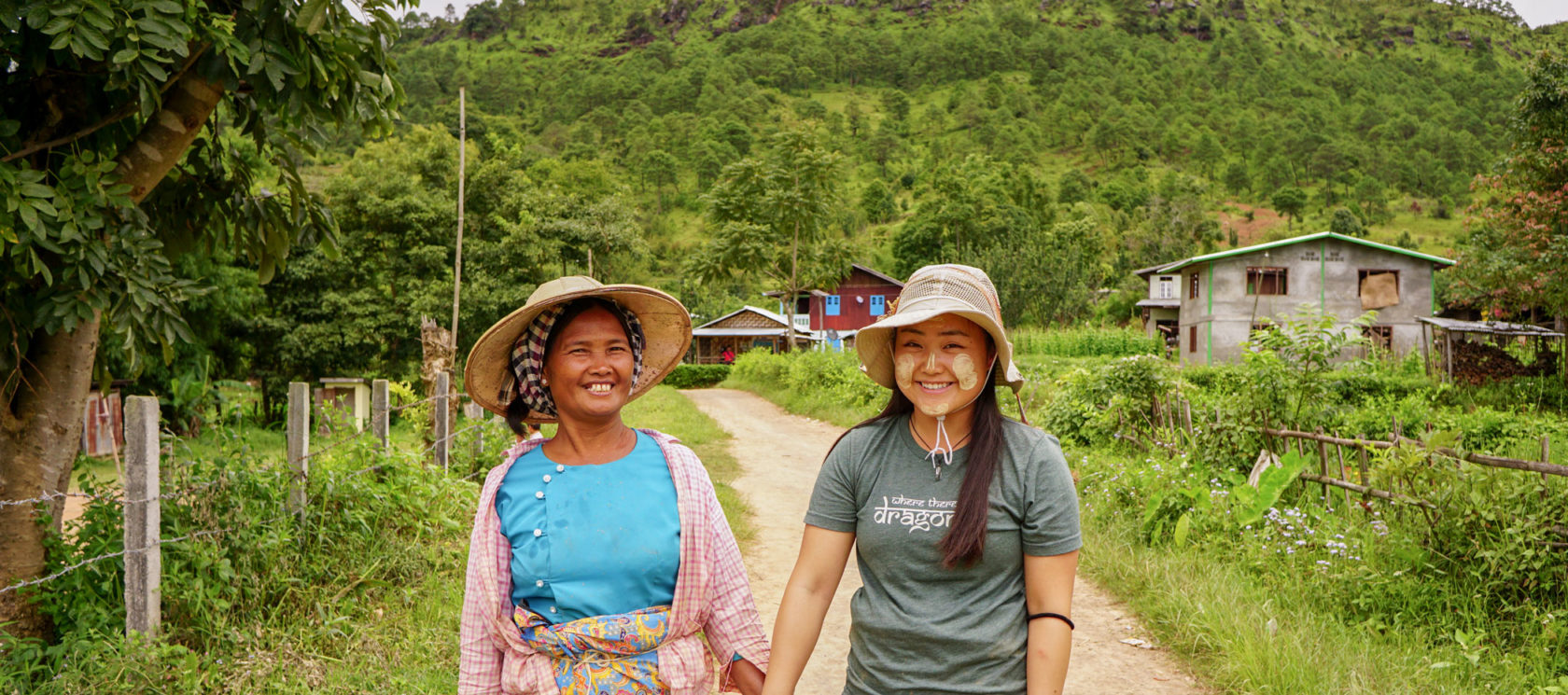
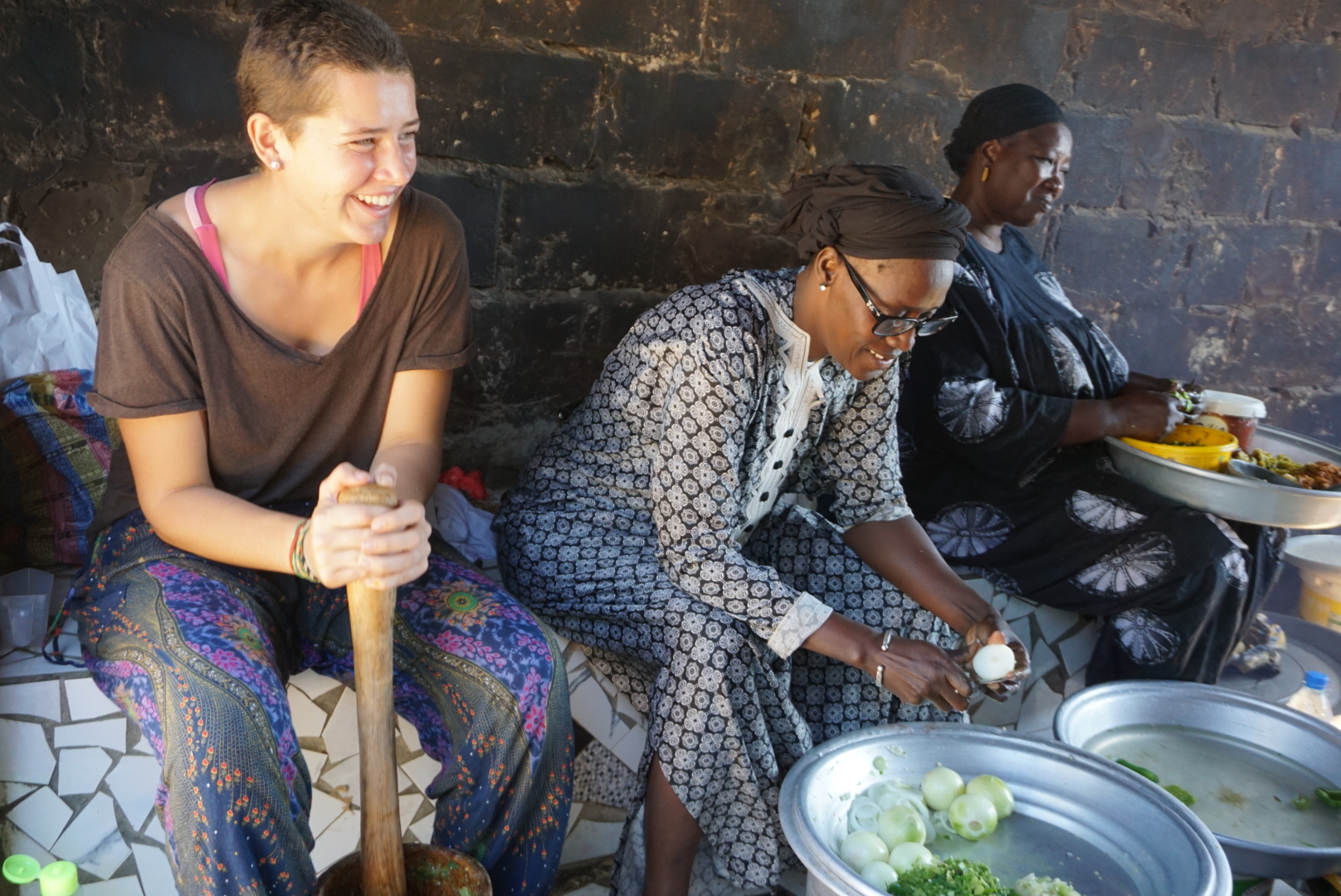
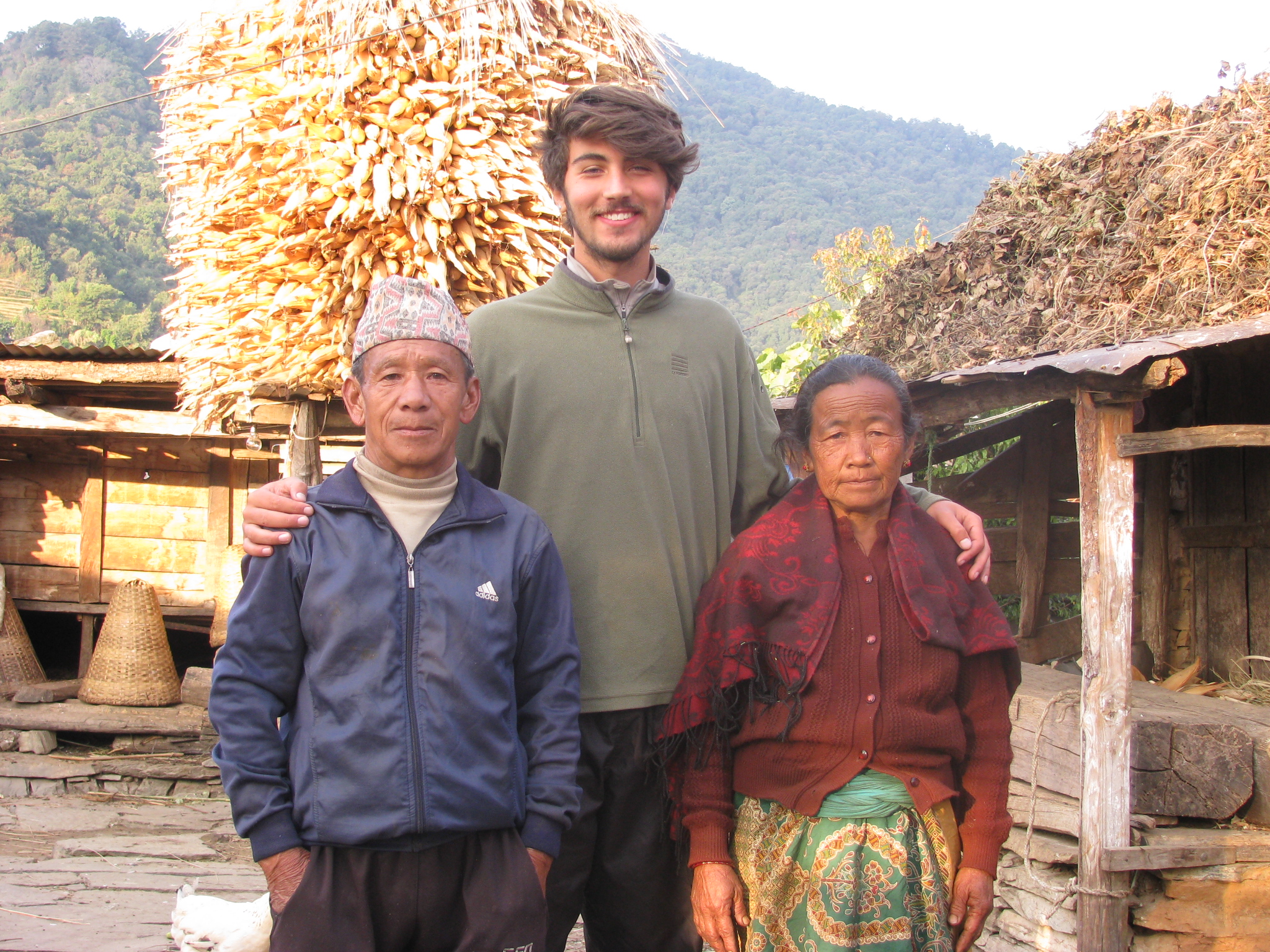
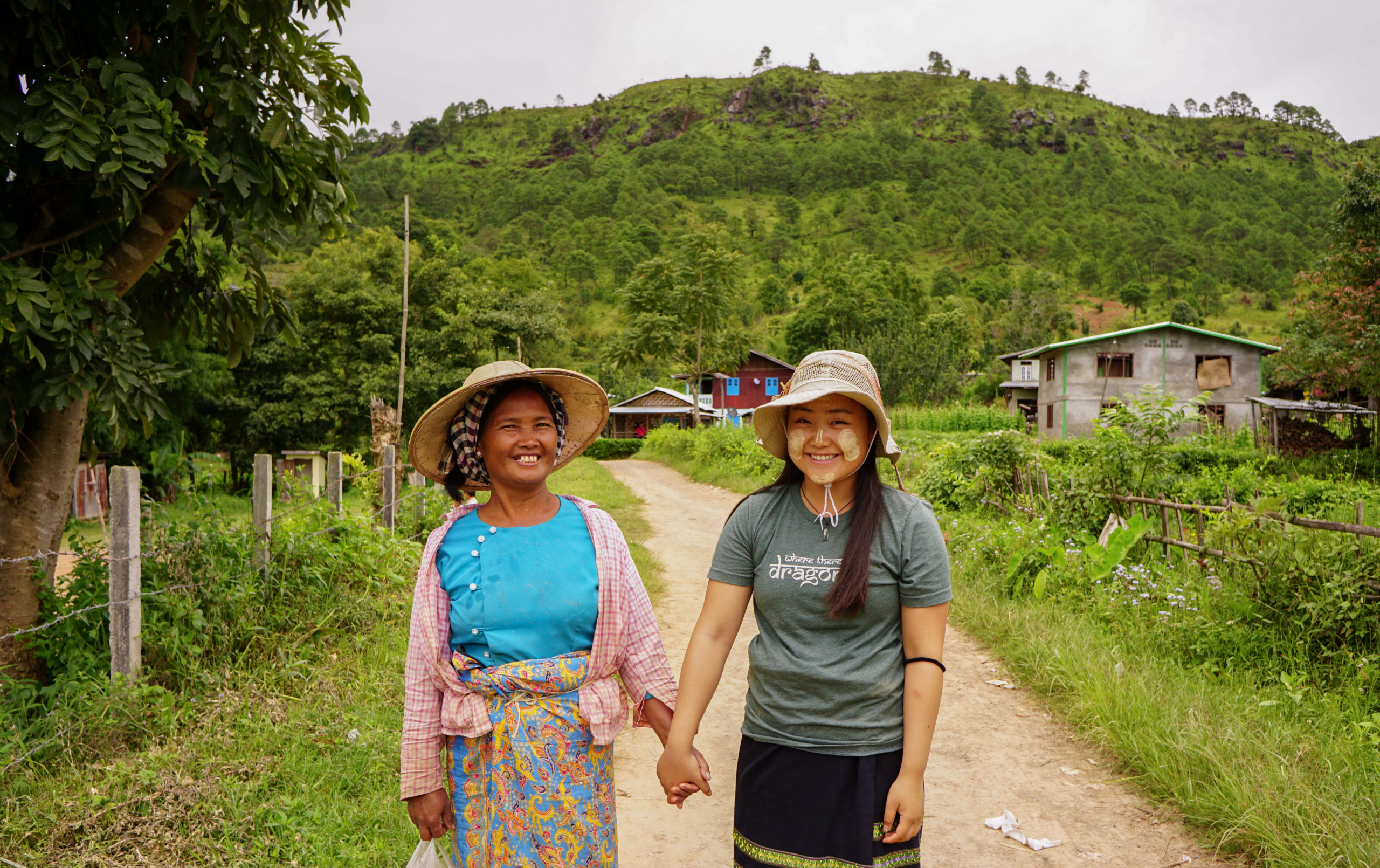
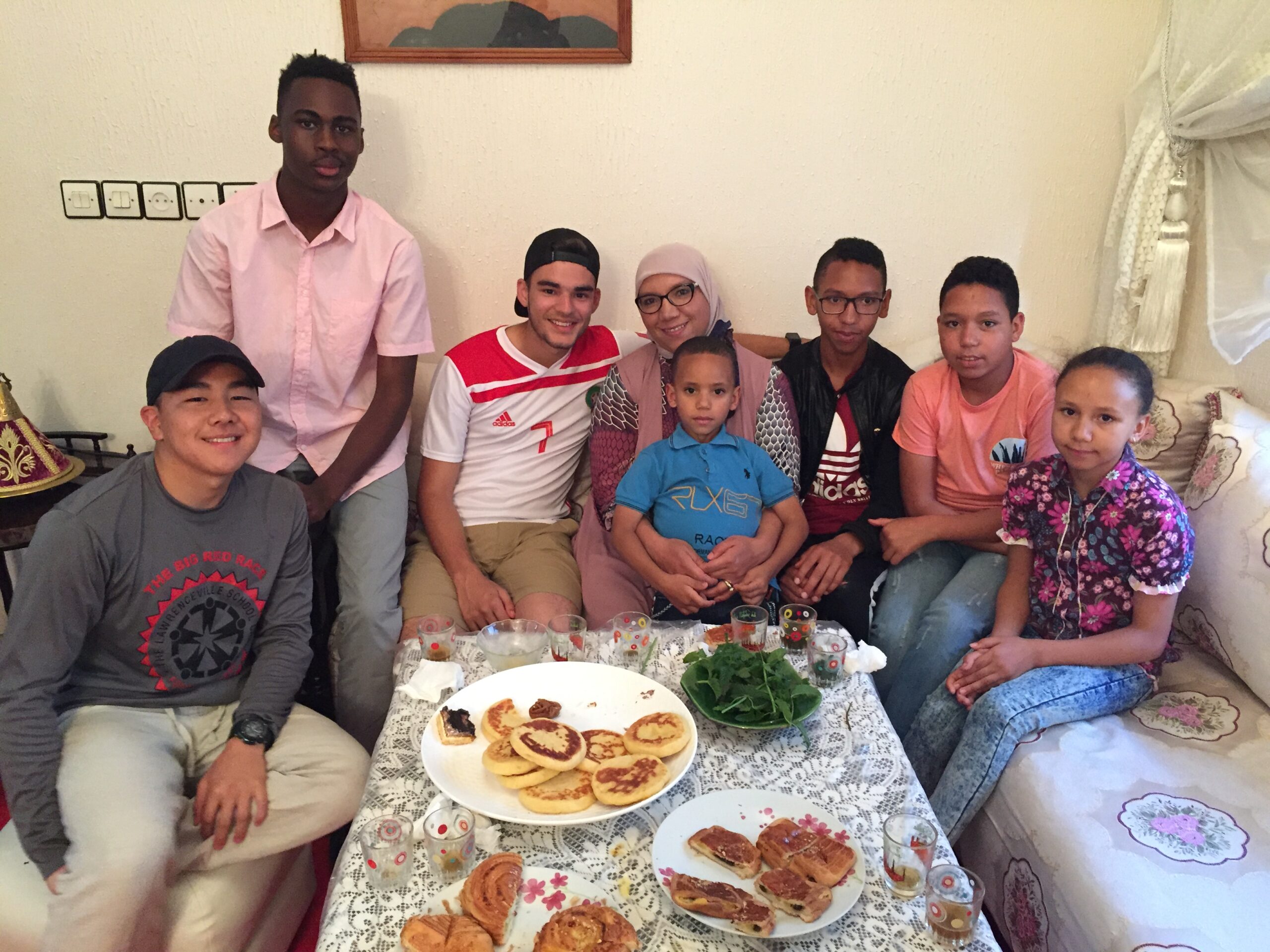
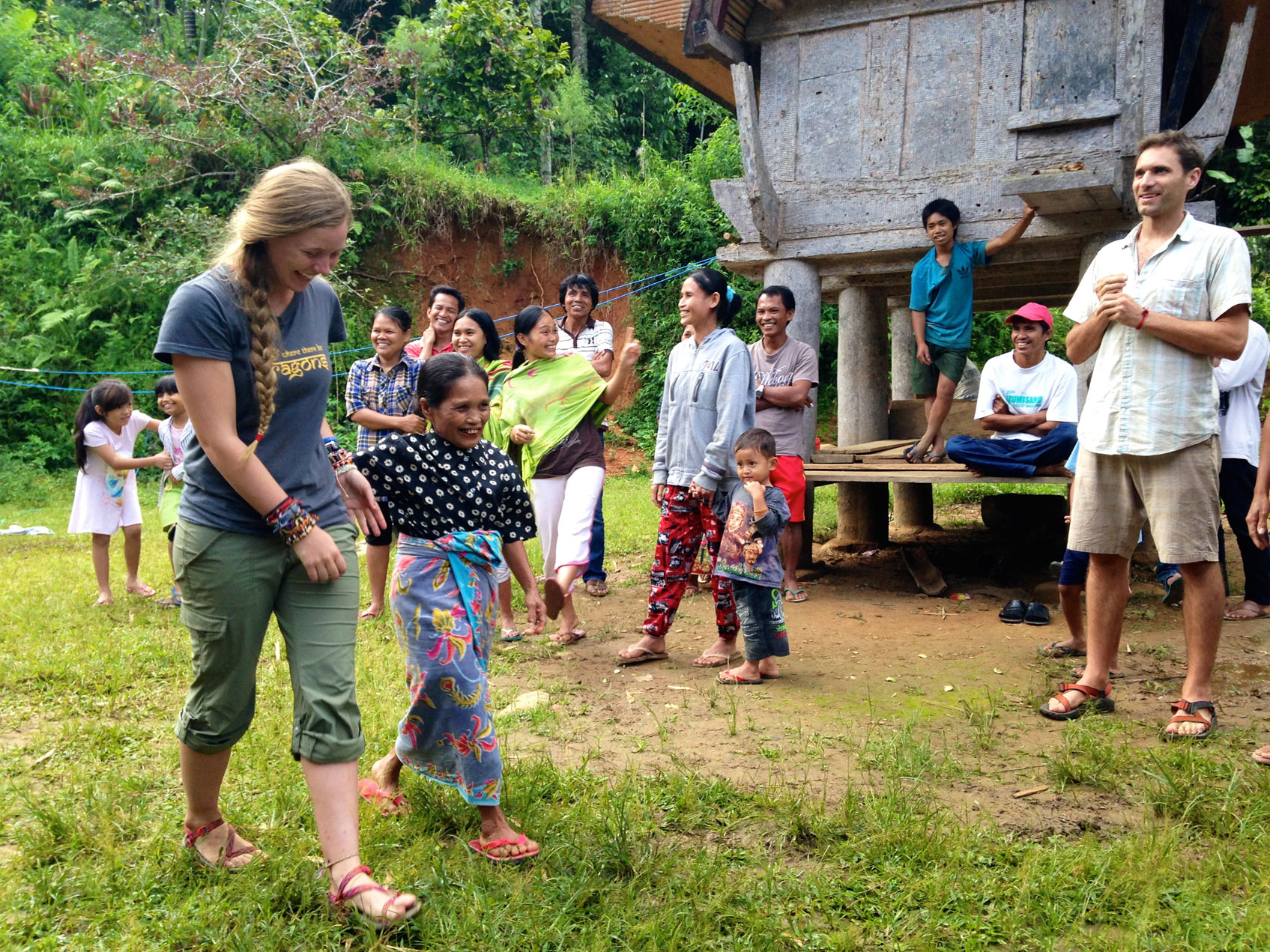
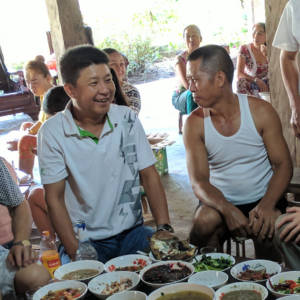
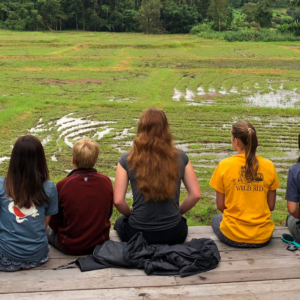

Leave a Comment